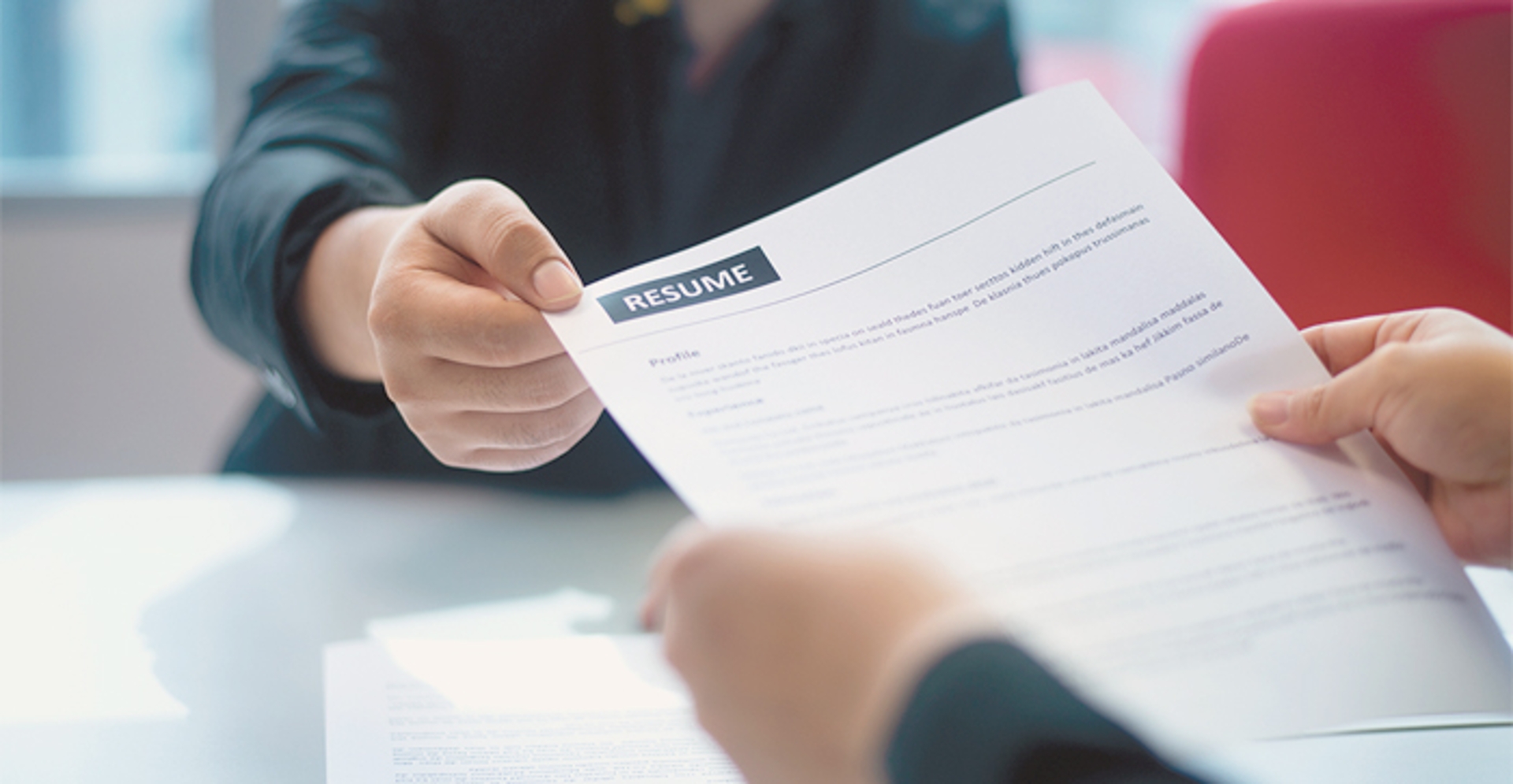16
Aug 2023
A successful interview benefits both job seekers and employers. Such an interview increases the likelihood that a qualified candidate can become a trusted and devoted addition to a company’s team. Employees working in concert contribute to a profitable and efficient enterprise.
Candidates undoubtedly recognize that performing well in interviews increases the likelihood that they will be offered jobs. Understanding what to do and what not to do while in an interview can make the difference between receiving an offer and being passed over. Similarly, there are certain dos and don’ts for hiring managers to ensure that they follow protocol and ask the best questions so they can get the most accurate information possible about candidates.
Interviews typically last less than an hour, so time is of the essence to make the right impression. These guidelines can increase the chances of a successful interview.
Candidate
• DO your research and investigate the company to which you are applying. Learn about its history and ethos, as well as its mission. Familiarity with the products and services the company provides is important as well.
• DO your research and investigate the company to which you are applying. Learn about its history and ethos, as well as its mission. Familiarity with the products and services the company provides is important as well.
• DON’T be late to the interview, as that can convey unreliability.
• DO go over and outline answers to general interview questions. It’s not wise to have answers memorized (nor should you read them off of a sheet), but have a good idea of what you plan to say and other talking points.
• DON’T dress casually even if the company advertises it is casual. It’s best to over-dress so that you look professional.
• DO prepare some data or anecdotes that can show off your skills and strengths.
• DON’T forget to ask questions of the interviewer — at least one or two — that will illustrate your interest and knowledge of the organization.
• DO send a hand-written thank you note for the interview, and then be patient. Success magazine says it can take a while for employers to narrow down candidates and make decisions.
Employers
• DO ask about past experiences, particularly challenges candidates have faced and how they resolved those issues.
• DO ask about past experiences, particularly challenges candidates have faced and how they resolved those issues.
• DON’T ask personal questions about family, political affiliation, marital status and anything else that can create the appearance of bias when hiring.
• DO ask about strengths and weaknesses of the candidate so you can gauge if the person knows where there may be room for growth and improvement.
• DON’T ask all the questions. Leave time for the candidate to ask his or her own questions.
• DO remain engaged and ask questions that will enable you to remember what stood out about the candidate.
Interviews provide a short period of time in which employer and potential employee can get to know one another. Certain protocols can help both applicants and employers make the most of the interview process.






